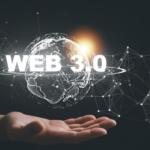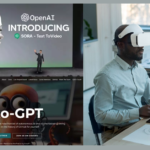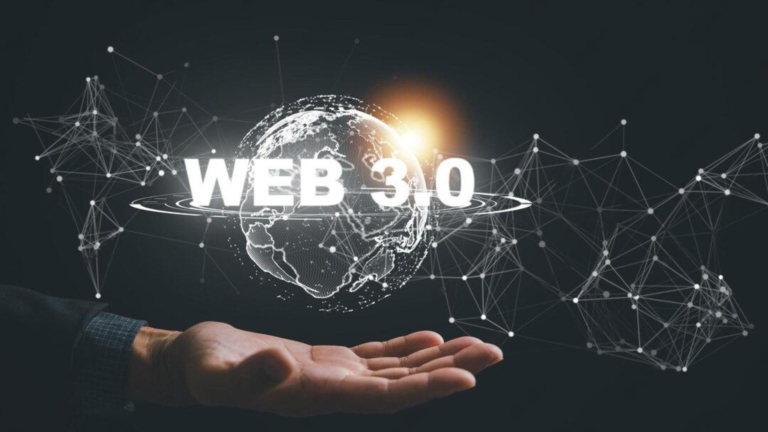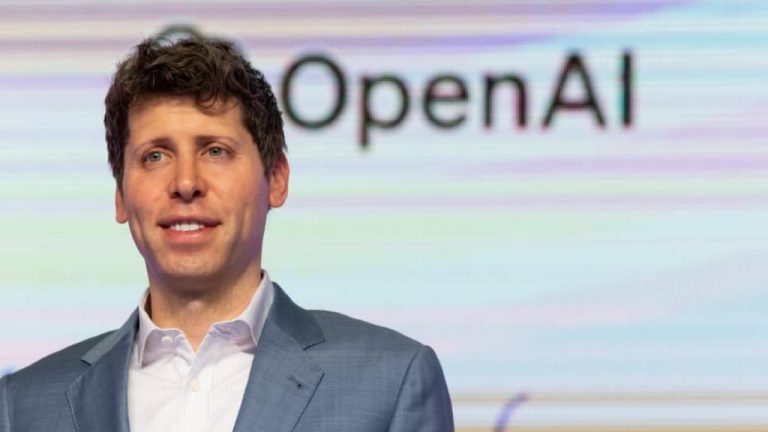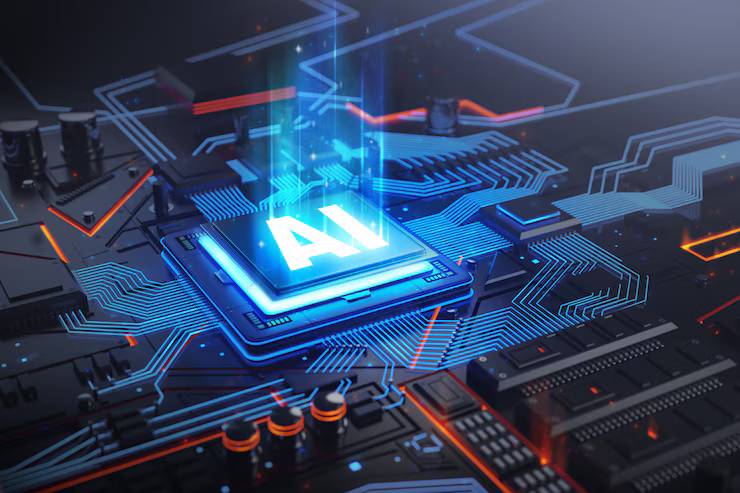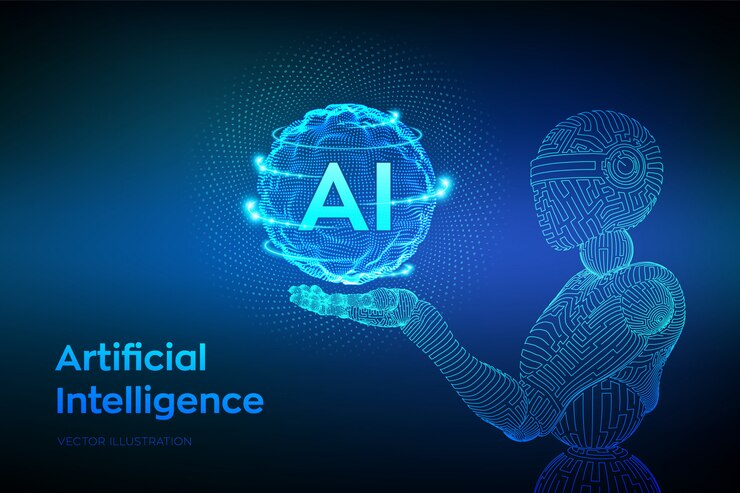Artificial Intelligence (AI) has transitioned from the realm of science fiction into our everyday lives. It is reshaping various industries, with the workplace being one of the most affected. One of the most remarkable developments in this field is the emergence of AI agents—intelligent systems that can operate independently, performing tasks without the need for human intervention. Among the pioneers of this movement are OpenAI’s Sora and Auto-GPT, which are introducing innovative solutions that significantly boost productivity and creativity in professional environments.

Table of Contents
- Understanding AI Agents
- What They Are and Their Core Functions
- The Evolution of AI Agents in the Workplace
- Introducing Auto-GPT: The Autonomous AI Writer
- Key Features and Capabilities
- Its Impact on Content Creation and Management
- Exploring OpenAI’s Sora: The Video Generation Tool
- How Sora Operates
- Applications in Marketing and Media
- Benefits of Integrating AI Agents into Workflows
- Increased Efficiency and Productivity
- Reducing Human Error
- Cost Savings and Resource Optimization
- Challenges and Ethical Considerations
- Risks of Overreliance and Mental Health Issues
- Job Displacement Concerns
- Ensuring Ethical AI Usage
- Looking Ahead: AI Agents and the Workforce
- Predictions and Trends
- Preparing for an AI-Integrated Workplace
- Conclusion
- Summarizing the Impact of AI Agents on Work
1. Understanding AI Agents
What They Are and Their Core Functions
AI agents are essentially software programs designed to perform specific tasks or services autonomously. They are built on sophisticated algorithms that allow them to learn from data, analyze information, make decisions, and execute actions without needing direct human guidance. This capability positions them as valuable tools in various sectors, particularly in enhancing operational efficiency.
The Evolution of AI Agents in the Workplace
Initially, AI agents were created to handle straightforward, repetitive tasks, such as data entry or simple customer inquiries. However, as technology has advanced, these agents have evolved to manage more complex processes, including data analysis, customer service interactions, and even creative tasks like content generation. This evolution has dramatically transformed traditional work dynamics, allowing organizations to streamline operations and focus on strategic initiatives.
2. Introducing Auto-GPT: The Autonomous AI Writer
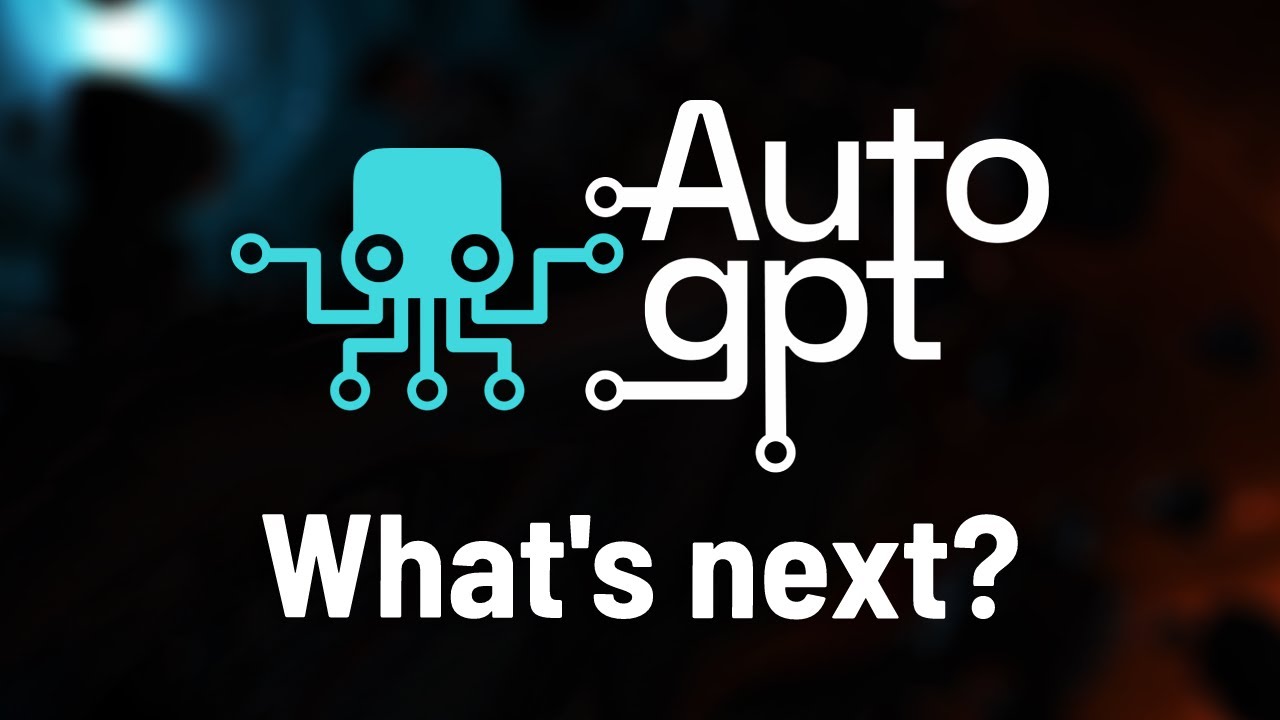
Key Features and Capabilities
Auto-GPT is an advanced AI model developed by OpenAI that excels in generating human-like text. Its capabilities extend to drafting articles, reports, and other forms of creative content, making it a powerful tool for writers and businesses alike. The model leverages deep learning techniques to understand context and produce coherent and relevant text, thereby streamlining the writing process significantly.
Its Impact on Content Creation and Management
By automating content generation, Auto-GPT enables businesses to maintain a consistent flow of communication while significantly reducing the workload on employees. This allows teams to redirect their focus toward more strategic tasks, such as developing innovative marketing strategies or improving customer relations. Furthermore, the ability to generate high-quality content quickly can enhance a company’s online presence and engagement with its audience.
3. Exploring OpenAI’s Sora: The Video Generation Tool
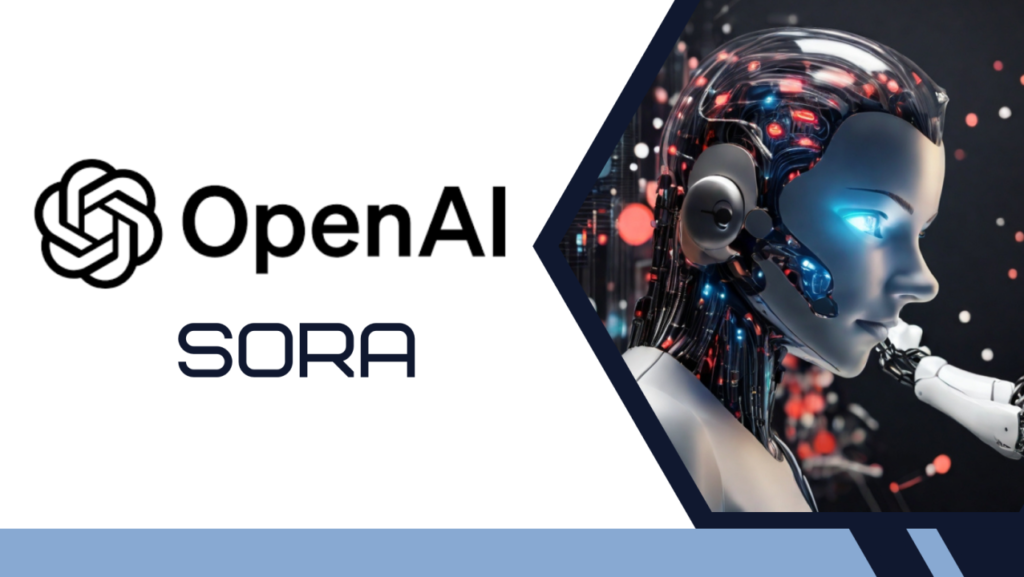
How Sora Operates
OpenAI’s Sora is another groundbreaking AI model that specializes in video generation. It utilizes advanced algorithms to transform text, images, and existing videos into new video content. This process involves analyzing the input data and creatively combining it to produce videos that can be tailored to various formats and styles. The versatility of Sora makes it an exceptional tool for content creators looking to enhance their visual storytelling.
Applications in Marketing and Media
Sora has significant implications for the marketing and media industries. Marketers can leverage this technology to create engaging videos that resonate with their target audiences, thereby enhancing brand storytelling. With the ability to generate high-quality video content rapidly, businesses can improve their marketing campaigns, boost audience engagement, and ultimately drive sales. This capability is particularly valuable in today’s digital landscape, where video content is increasingly becoming the preferred medium for communication.
4. Benefits of Integrating AI Agents into Workflows
Increased Efficiency and Productivity
One of the most notable advantages of incorporating AI agents into workflows is the increase in efficiency and productivity. By taking over repetitive and time-consuming tasks, AI agents free up employees to concentrate on more strategic activities. This shift not only enhances overall productivity but also fosters a more fulfilling work environment, as employees can engage in tasks that require creativity and critical thinking.
Reducing Human Error
AI agents play a crucial role in minimizing human error. By automating processes, they ensure that tasks are executed with a high degree of accuracy and reliability. This is particularly important in industries where precision is paramount, such as finance and healthcare. Reducing errors not only improves operational efficiency but also enhances customer satisfaction, as clients receive consistent and reliable service.
Cost Savings and Resource Optimization
Integrating AI agents into business operations can result in significant cost savings. By streamlining workflows and automating mundane tasks, organizations can optimize resource allocation and reduce operational expenses. This financial efficiency allows businesses to invest more in innovation and growth, ultimately leading to a more competitive market position.
5. Challenges and Ethical Considerations
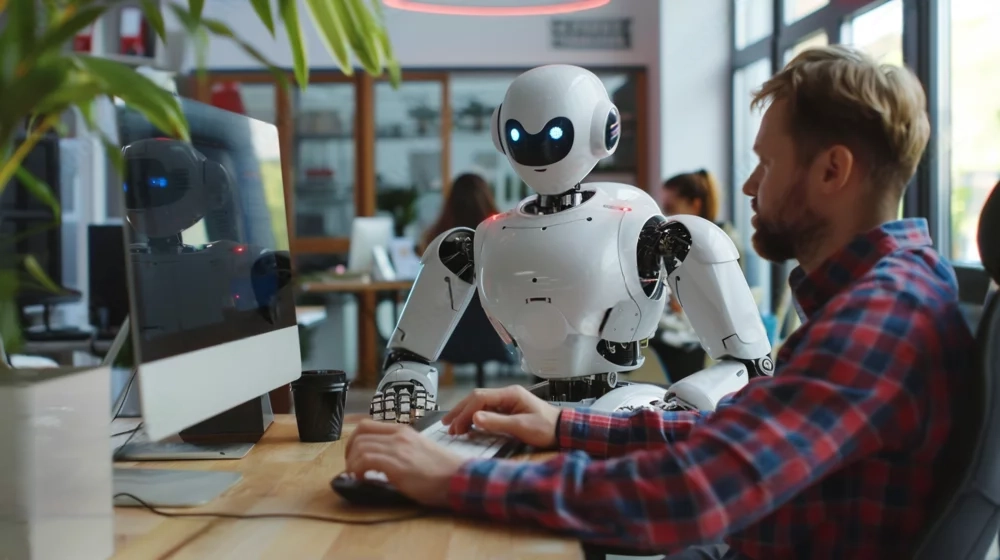
Risks of Overreliance and Mental Health Issues
While the benefits of AI agents are substantial, there are also challenges to consider. One major concern is the risk of overreliance on these technologies. Excessive dependence on AI tools can lead to information overload, where employees may feel overwhelmed by the sheer volume of data and insights generated. Additionally, this reliance can foster feelings of isolation and diminish collaboration among team members, impacting overall workplace morale.
Job Displacement Concerns
Another significant challenge posed by the rise of AI agents is the potential for job displacement. As these technologies automate tasks traditionally performed by humans, there is a growing concern about job losses and the need for workforce reskilling. It’s essential for organizations to address these concerns proactively by investing in employee training and development programs that equip workers with the skills needed to adapt to an AI-enhanced workplace.
Ensuring Ethical AI Usage
As AI technologies continue to evolve, ensuring their ethical use becomes increasingly critical. Organizations must develop guidelines and policies to prevent misuse and ensure that AI benefits society as a whole. This includes addressing issues related to data privacy, algorithmic bias, and transparency in AI decision-making processes. By prioritizing ethical considerations, businesses can foster trust and confidence in AI technologies.
6. Looking Ahead: AI Agents and the Workforce
Predictions and Trends
Looking to the future, AI agents are expected to become integral to various industries. As technology continues to advance, we can anticipate a growing trend of AI integration in everyday business operations. This evolution will drive innovation and transform job roles, creating new opportunities for collaboration between humans and machines. The key will be to embrace these changes and adapt to the evolving landscape.
Preparing for an AI-Integrated Workplace
To successfully navigate this transition to an AI-integrated workplace, organizations will need to adapt their cultures and practices. This includes investing in employee training to ensure that workers are equipped with the necessary skills to work alongside AI agents. Additionally, fostering a collaborative environment where humans and machines can complement each other will be essential for maximizing the benefits of AI technologies.
7. Conclusion
In conclusion, AI agents like Auto-GPT and Sora represent more than just technological advancements; they signify a fundamental shift in how we approach work, creativity, and problem-solving. By thoughtfully embracing these technologies, organizations can pave the way for a future where humans and AI collaborate seamlessly. This partnership has the potential to drive unprecedented levels of innovation and efficiency, ultimately transforming the workplace for the better.
As we move forward into this new era, it’s crucial to remain mindful of the challenges and ethical considerations that arise with the integration of AI. By addressing these issues proactively, we can harness the full potential of AI agents while ensuring that they serve as beneficial tools for society as a whole.




